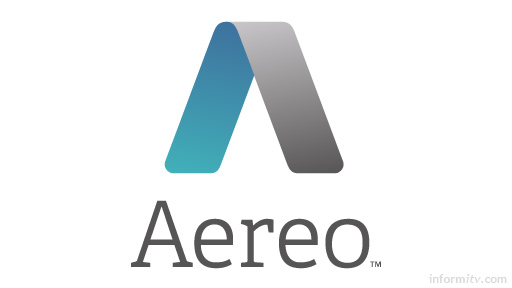Aereo now thinks that it should be treated as a cable company after all. The American company has temporarily paused its online service to stream locally broadcast television programmes to subscribers. It is now arguing that if the Supreme Court considers that it is acting like a cable company it should be entitled to a statutory licence under the Copyright Act.
It follows a majority ruling by the United States Supreme Court that Aereo was in breach of copyright in streaming broadcast signals online as its business was “substantially similar” to that of cable television companies under the Copyright Act of 1976.
While Aereo has previously argued that it is not a cable company, it now appears to embrace such a definition, although that is not without its complications.

In a joint letter to the judge at the New York court that previously stayed a move from broadcasters for an injunction against Aereo pending the Supreme Court ruling, both sides outlined their respective positions.
The broadcasters content that “it is astonishing for Aereo to contend the Supreme Court’s decision automatically transformed Aereo into a ‘cable system'” — not least because the company had previous argued that it should not be considered as one.
Aereo says that it has temporarily suspended its services while seeking guidance from the court. It says that the Supreme Court considered its operation as similar to a cable television company and accordingly argues that it should be entitled to a compulsory licence under section 111 of the Copyright Act.
“The Supreme Court’s holding that Aereo is a cable system under the Copyright Act is significant because, as a cable system, Aereo is now entitled to the benefits of the copyright statutory license pursuant to the Copyright Act.”
Aereo says it is proceeding to file the necessary statements of account and royalty fees.
Therefore Aereo argues that it is not infringing the rights of broadcasters and should not be subject to an injunction.
In any case, Aereo proposes that any injunction would only apply to the provision of television programming at the same time that it is broadcast. It says: “The Supreme Court opinion did nothing to prohibit–and indeed reaffirms the vitality of–non-simultaneous playback from copies created by consumers.”
The provisions section 111(d) of the Copyright Act cover the statutory licence for secondary transmissions by cable systems. They require that the cable system provide twice-yearly statements of subscribers and royalty fees payable. The sums involved are stipulated as a small percentage royalty of gross receipts.
However, there is still the issue of retransmission consent under the Cable Act. This is not required if broadcasters opt for their programming to be provided under ‘must-carry’ rules but broadcasters generally prefer to collect fees for retransmission consent.
Aereo previously charged its subscribers around $8 to $12 a month to use its service. It remains to be seen whether Aereo can reach a commercially sustainable agreement with broadcasters if it is obliged to negotiate retransmission fees.
Alternatively, Aereo might pursue a purely time-shifted approach based on digital video recording in the cloud, although that may still require the consent of broadcasters.
Chet Kanojia, the chief executive of Aereo, said in a statement: “From the beginning, it has been our mission to build a lawful technology that would provide consumers with more choice and alternatives in how they watch television. We believed that providing an innovative cloud-based individual antenna would provide consumers with a convenient way to use an antenna to watch the live, free-to-air signals broadcast over public spectrum that belongs to them.”
He said: “We remain committed to building great technologies that create real, meaningful alternatives for consumers.”
It seems that despite the suggestions of some commentators, the Aereo story is far from over.
